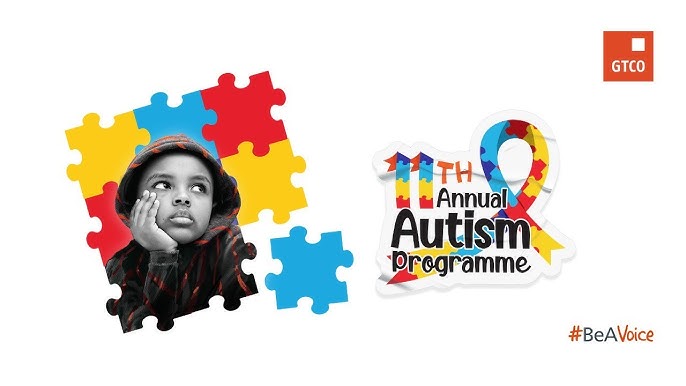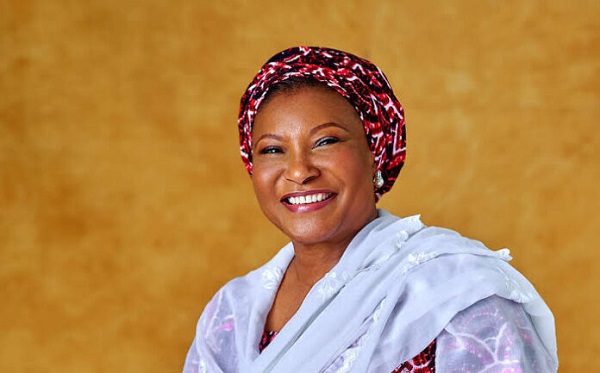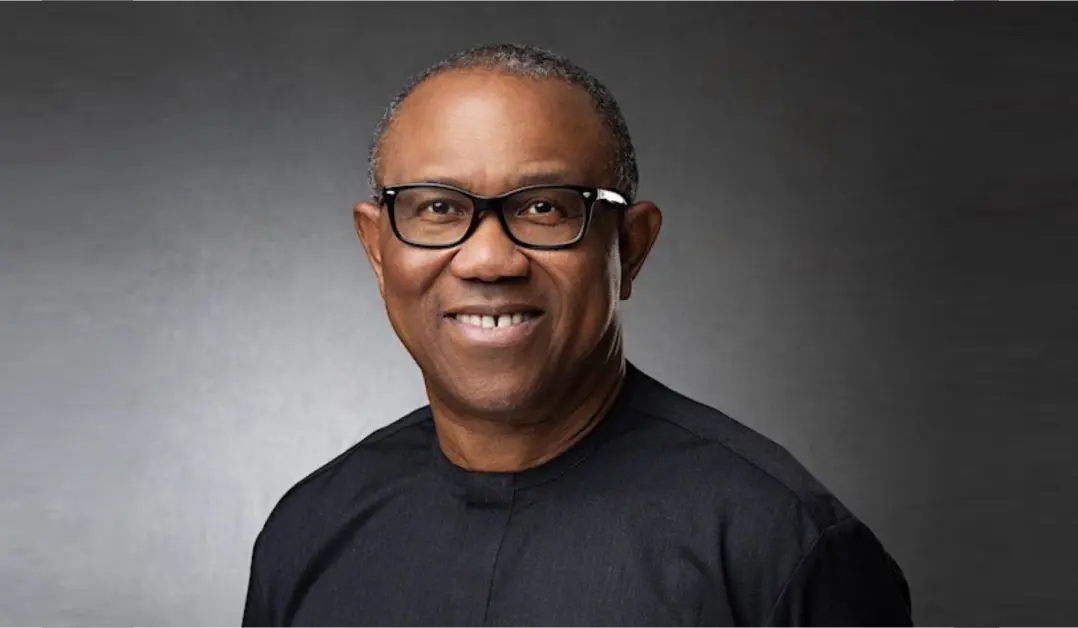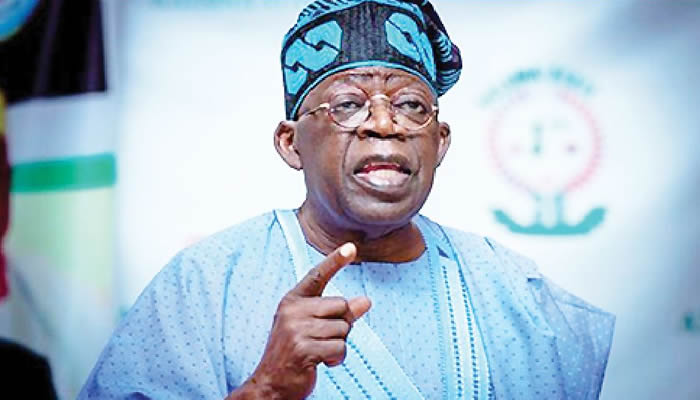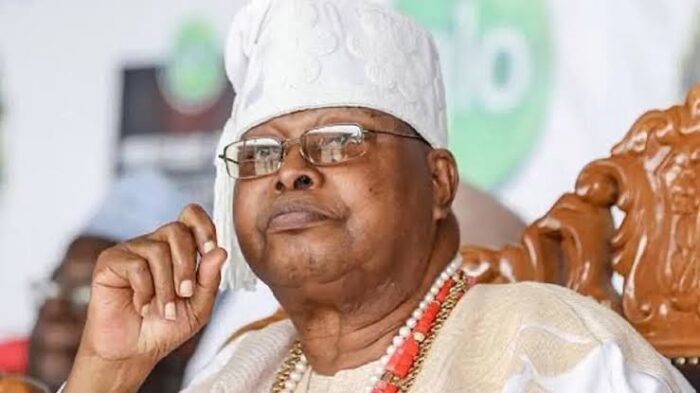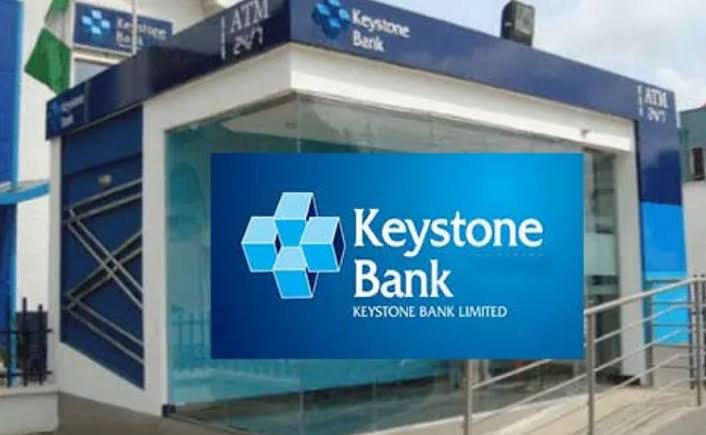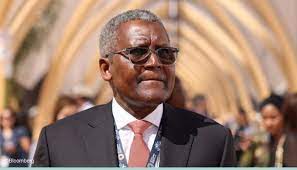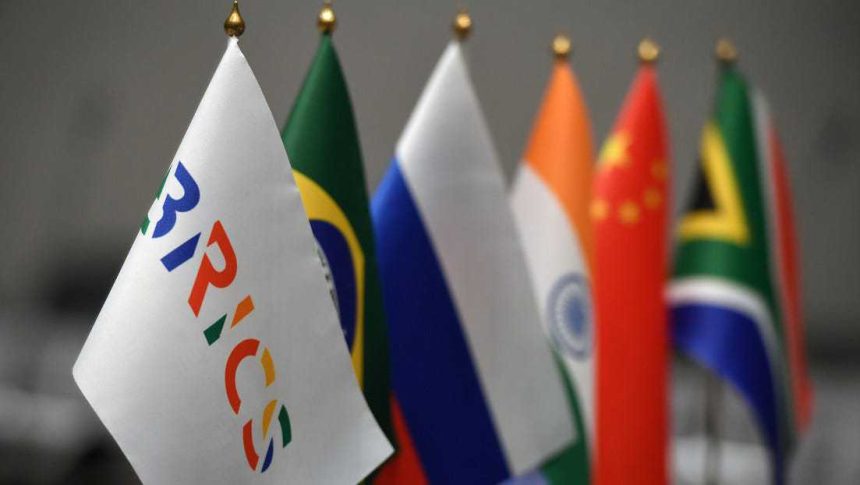By Ayomide Otitoju
President Bola Tinubu has arrived in Rio de Janeiro, Brazil, ahead of the 17th BRICS Summit, scheduled for July 6–7, 2025. He is attending at the invitation of Brazilian President Luiz Inácio Lula da Silva, following Nigeria’s recent admission as a BRICS partner country—a status that allows limited participation short of full membership.
Nigeria became the ninth partner country in January 2025, following a new membership category introduced at the 16th BRICS Summit in 2024. This marks an upgrade from the nation’s previous guest observer role. As a partner, Nigeria will now engage in BRICS meetings and initiatives, contributing to discussions and communiqués.
The BRICS bloc—originally formed by Brazil, Russia, India, China, and South Africa—expanded in 2024 to include six more nations: Egypt, Ethiopia, the United Arab Emirates, Iran, Saudi Arabia, and Indonesia. Together, BRICS now represents nearly half of the global population and around 40 percent of the world’s economic output.
This year’s summit will focus on “Global Governance Reform” and “Cooperation among the Global South.” Leaders are expected to deliver a joint rebuke of protectionist trade policies, particularly those pursued by U.S. President Donald Trump. However, the final communiqué is not expected to mention the United States by name, despite the drafting of a statement criticizing global economic uncertainty linked to U.S. tariffs.
“There will be a cautious tone,” said Marta Fernandez, director of the BRICS Policy Center at the Pontifical Catholic University of Rio. “This doesn’t seem to be the right time to provoke further friction,” especially for China, which recently negotiated tariff reductions with Washington.
The summit’s significance is tempered by the absence of Chinese President Xi Jinping, who is skipping the event for the first time in his 12-year tenure. Analysts suggest Xi’s decision may relate to recent diplomatic activity, including his hosting of President Lula in Beijing, as well as the participation of India’s Prime Minister Narendra Modi as Brazil’s guest of honour. Xi has delegated attendance to Premier Li Qiang.
Russian President Vladimir Putin, under indictment by the International Criminal Court, will also be absent physically but is expected to address the summit via video link.
Iran’s President Masoud Pezeshkian will not attend either, as his country continues to grapple with the aftermath of a recent 12-day conflict with Israel. Disagreements within BRICS over how to address the wars in Gaza and between Iran and Israel have complicated negotiations ahead of the summit. Iranian delegates are reportedly pushing for a stronger stance on Middle East issues.
Beyond geopolitics, the summit will also spotlight artificial intelligence and healthcare as key areas for future collaboration.
Brazil’s Foreign Minister Mauro Vieira said he hopes the group will maintain unity. “BRICS have historically spoken with one voice on global issues. There’s no reason that should change, even on the Middle East,” he said.
President Lula, aiming to elevate Brazil’s global profile ahead of national elections, has already hosted the G20 and will preside over COP30 climate talks later this year.

